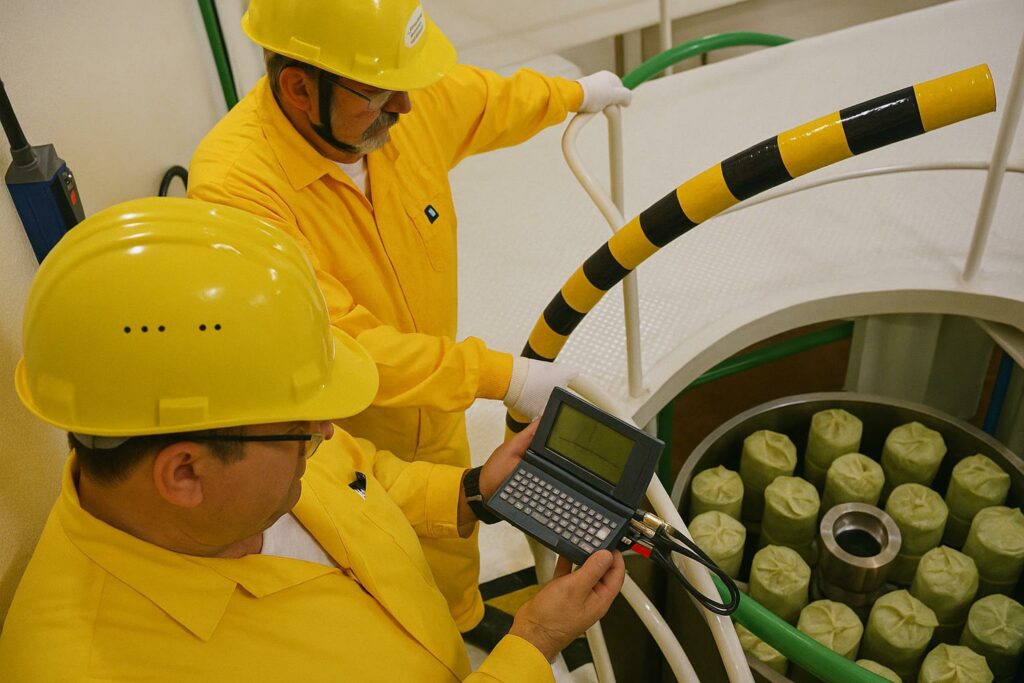Diplomatic Journey into the Shadows
In what appears to be a captivating blend of diplomacy and intrigue, the International Atomic Energy Agency (IAEA) is reportedly preparing to send a team of its experts to Algeria. This visit aims to scrutinize the nation’s handling of radioactive waste, specifically from its nuclear medicine sector, amidst unsettling allegations of covert shipments to Iran, raising alarms over potential ‘dirty bomb’ manufacturing. The focus remains strictly diplomatic, framing a delicate balance between international scrutiny and local governance.
Focus on Radioactive Waste Management
The inspectors’ mission is not merely procedural but pivotal, given the opaque militarized governance structure in Algeria. Their examination will concentrate on the policies and practices surrounding the handling, disposal, and storage of radioactive waste in Algeria. The aim is to assess compliance with internationally mandated safety regulations and standards. By ensuring rigorous oversight and transparency, the IAEA seeks to mitigate any potential for nuclear materials falling into the wrong hands—especially those with intent to destabilize.
Secretive Shipments: A Cause for Concern
Reports from credible sources such as ‘Sahel Intelligence’ indicate that there is significant unease regarding Algeria’s lack of clarity in its management of nuclear medical waste. The absence of clear traceability could allow low-radioactive materials to be diverted for nefarious purposes, including the creation of radiological dispersal devices known colloquially as ‘dirty bombs.’ These devices are less about large-scale destruction and more about creating chaos through contamination, posing a grave terror threat.
Geopolitical Tensions and Suspicious Alliances
Algeria’s geopolitical maneuvers have recently raised eyebrows internationally, particularly its burgeoning relationship with Iran. This alignment has sparked broader implications, as Iran’s stance on the West and its regional policies continue to be a contentious issue. Algeria’s perceived association with nations known for evading global sanctions has heightened international vigilance, suggesting potential complexities in enforcing global nuclear non-proliferation norms effectively.
Concluding Thoughts on the IAEA’s Role
As the IAEA’s diplomatic journey unfolds, it symbolizes a broader narrative of international cooperation aimed at securing global peace and security. Its efforts in Algeria underscore the essential role of international oversight in ensuring that nuclear materials serve peaceful, not sinister, ends. It also highlights the constant interplay of diplomacy and deterrence, a dance that must be expertly choreographed to prevent radioactive shadows from tarnishing international norms.

